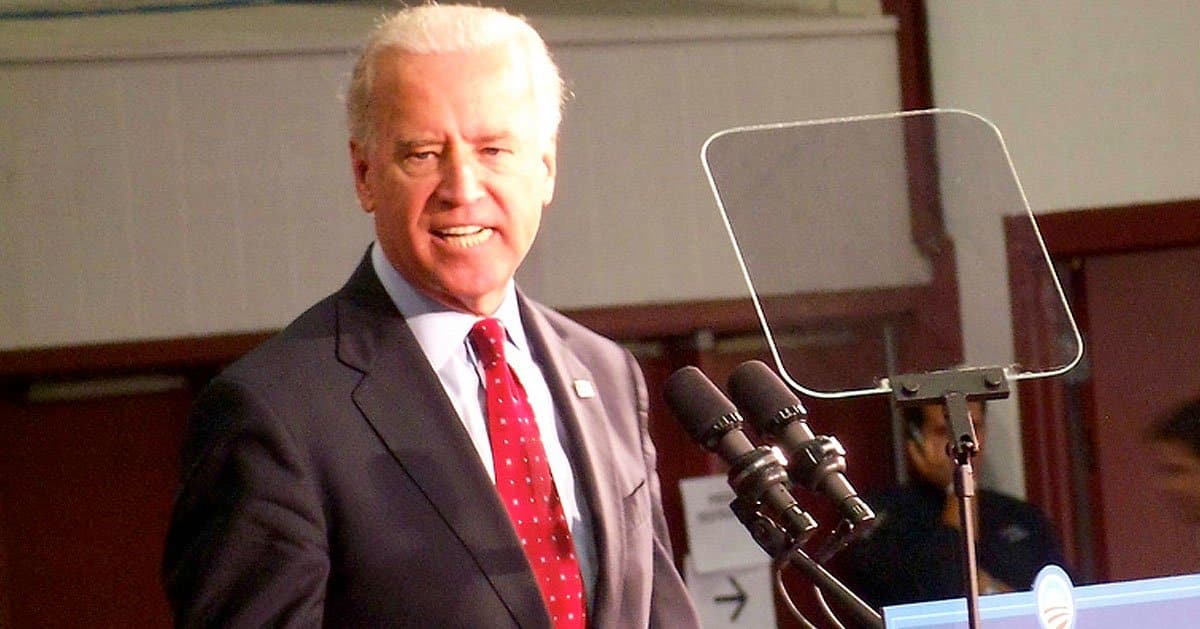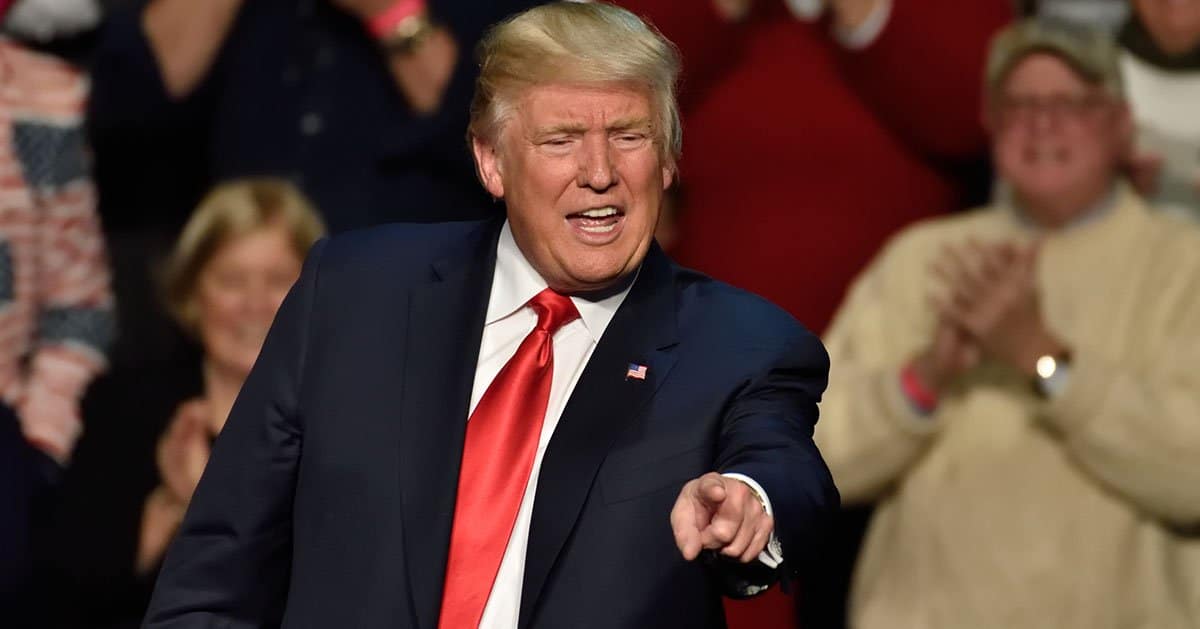







Over a decade ago, a psychiatrist spotted warning signs in Joe Biden’s behavior that are only now making headlines.
The New York Post reported that Dr. Keith Ablow, a former Fox News contributor and psychiatrist, first raised eyebrows about Biden’s mental sharpness during a 2012 vice presidential debate and wasn’t shocked by his faltering performance in a debate against President Trump last year.
Let’s rewind to 2012, when Ablow watched Biden face off against Republican Paul Ryan in a vice presidential debate. He noticed something off—Biden’s constant interruptions and peculiar laughter didn’t just seem like debate tactics; they felt unsettling.
Ablow described Biden’s performance as brittle, with interruptions that struck him as clumsy and laughter that felt out of place. “You tend to say, ‘Well, why am I uncomfortable with this? Why am I having a strange feeling about it?’” Ablow shared in an interview with “Pod Force One” host Miranda Devine.
“My feeling at the time listening to Joe Biden was, ‘This feels like a staccato performance. It feels brittle to me,’” Ablow continued. Call it a psychiatrist’s intuition, but those quirks weren’t just quirks—they hinted at something deeper, even if the progressive crowd scoffed at the notion back then.
After that 2012 debate, Ablow took his concerns straight to the late Roger Ailes, then chairman of Fox News. In a meeting, Ailes encouraged him to consider airing his thoughts, a nudge that led to a bold public statement.
On “Fox & Friends” that same year, Ablow didn’t hold back, suggesting that Biden’s odd behavior might point to cognitive issues, though he was careful to note he wasn’t offering a formal diagnosis. Predictably, the left-wing media and even Jon Stewart of “The Daily Show” pounced, dismissing his comments as overreach.
But let’s not pretend laughter is always just a chuckle—Ablow pointed out that while Biden, now 82, often wields it as a debate weapon, back in 2012 it seemed misguided and misplaced. Was this a harmless quirk, or a window into something more troubling? The jury was out, but Ablow wasn’t buying the harmless narrative.
Fast forward to last year’s debate with Trump, and Ablow’s long-ago observations seemed eerily prescient. Biden’s halting, frozen moments on stage were, to Ablow, a continuation of the same concerns he’d flagged over a decade prior.
Ablow isn’t claiming to have a crystal ball, but he’s clear that what he saw in 2012 wasn’t a one-off. The stumbles in the Trump debate didn’t come out of nowhere, and while critics might call it hindsight, Ablow’s early warning deserves a second look.
Interestingly, Ablow later treated Biden’s son, Hunter, though details on timing or context remain sparse. This connection adds a layer of complexity to his perspective, though it doesn’t directly tie to his analysis of Joe Biden’s behavior.
Back in 2012, the pushback against Ablow’s comments was fierce, with progressive outlets quick to label his concerns as speculative nonsense. Yet, isn’t it worth asking why dissent on a public figure’s mental fitness was so swiftly silenced? The rush to defend often smells more like an agenda than reason.
Ablow’s take wasn’t about tearing anyone down—it was about asking hard questions based on observable behavior. In a culture obsessed with ignoring inconvenient truths, his willingness to speak up, even at the risk of backlash, is a reminder that not every critique is a conspiracy.
So, where does this leave us? Biden’s debate struggles last year against Trump weren’t just a bad night, if Ablow’s instincts from 2012 hold water. It’s a thread worth pulling, even if the mainstream narrative would rather knit a cozy blanket of denial.
At the end of the day, Ablow’s early concerns about Biden’s mental state weren’t just a shot in the dark—they were a psychiatrist’s trained observation, dismissed by many at the time. Perhaps it’s time to stop reflexively rejecting uncomfortable ideas and start listening to those who dare to question the status quo. After all, truth doesn’t care about political convenience.



